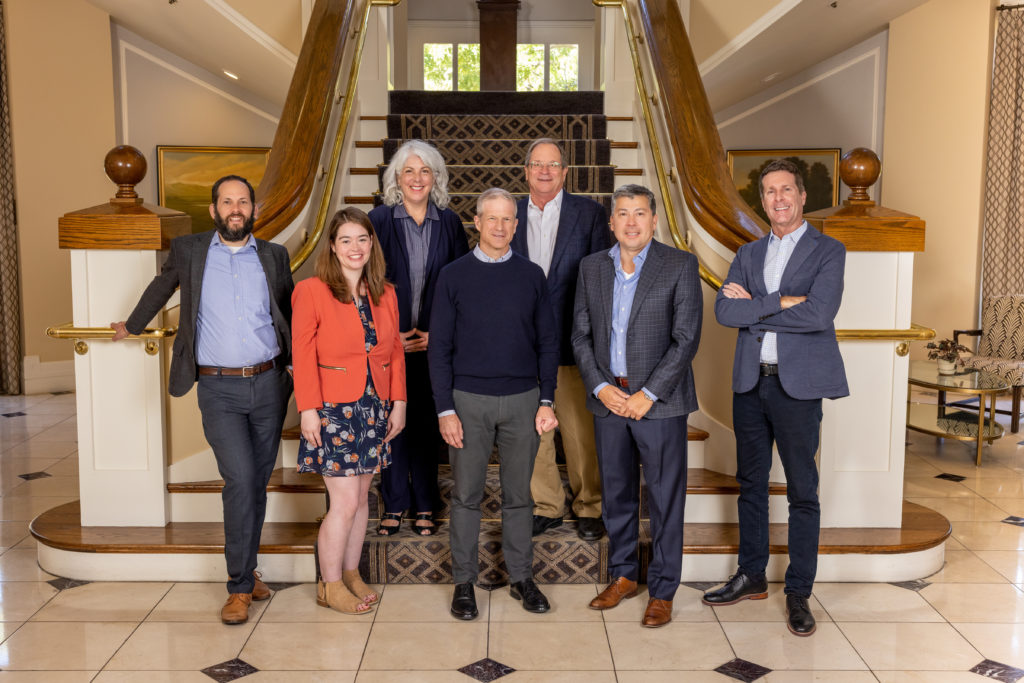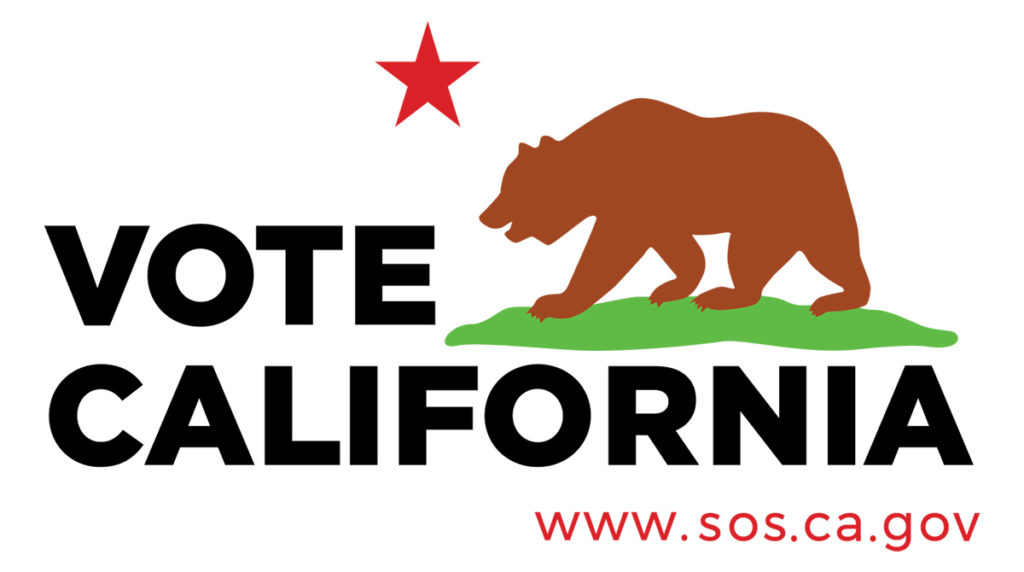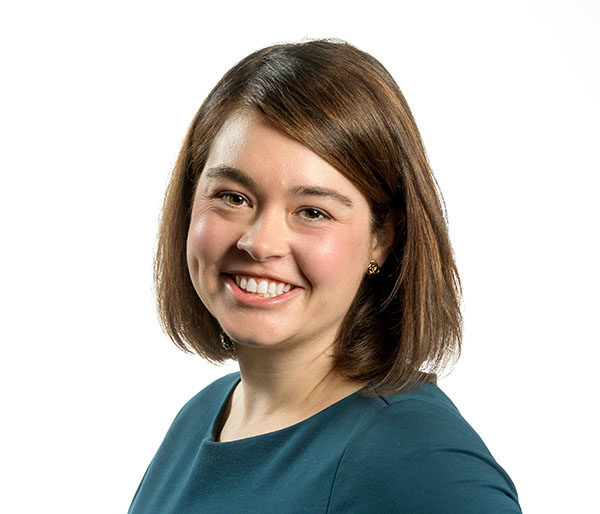Olson Remcho is co-counsel for the SEIU and other plaintiffs in this case. Set out below is the SEIU press release.
Service Employees International Union
FOR IMMEDIATE RELEASE: February 11, 2021
Contact: Matt Lopez, matt.lopez@berlinrosen.com, 805-377-2950
. . . in a democracy, corporations shouldn’t get the final say in determining our laws . . .
SAN FRANCISCO — California app-based drivers, rideshare consumers and labor unions Thursday took the next step in their challenge to Proposition 22, filing suit in Alameda County Superior Court alleging the gig-company-funded ballot measure violates the state’s constitution and should be struck down.
The suit alleges Prop 22 unconstitutionally limits the power of elected officials to govern, including by stripping the legislature’s ability to grant workers the right to organize for improvements to their pay and working conditions and illegally excluding them from the state workers’ compensation program. The suit also asserts Prop 22 violates a provision in the State Constitution requiring ballot initiatives address only a single subject.
Plaintiffs include rideshare drivers Hector Castellanos, Saori Okawa and Michael Robinson; Joseph Delgado, a user of app-based rideshare services; and the Service Employees International Union (SEIU) and SEIU California State Council.
“I’m joining together with my fellow rideshare drivers to continue our fight against Prop 22 because we know that in a democracy, corporations shouldn’t get the final say in determining our laws,” said plaintiff Saori Okawa. “With Prop 22, Uber, Lyft, Doordash and the other gig giants overreached by writing a law that violates our state’s constitution and puts corporate profits ahead of workers’ safety and basic rights. The gig companies are trying to break our democracy just to increase their own bottom lines. I’m confident that the court will strike down Prop 22 and restore checks and balances to our system of government.”
Earlier this month, the California Supreme Court denied the plaintiffs’ petition for an expedited review of their constitutional challenge against Prop 22, but preserved the plaintiffs’ right to filein a lower court. The plaintiffs had originally sought an expedited review due to the extraordinary and urgent danger rideshare drivers are facing during the COVID-19 pandemic.
The plaintiffs’ case against Prop 22 follows similar constitutional challenges to two of the state’s most infamous ballot measures, Proposition 8 and Proposition 187. In the case of Prop 187 —which denied undocumented immigrants access to basic education and healthcare — it took nearly five years, multiple appeals, the end of Gov. Pete Wilson’s administration and thepassage of federal legislation for the initiative to be struck down. It took almost seven years for Prop 8 — which denied marriage equality to same-sex couples — to make its way to the United States Supreme Court, where it was struck down in 2015.
Prop 22, which took effect last year, defines “App-Based Drivers” as independent contractors rather than as employees, and thereby withdraws basic employment protections from them, including workers’ compensation coverage. Further, it precludes the legislature from passing various types of legislation not directly related to the measure’s classification of App-Based Drivers as independent contractors. The measure has left rideshare drivers in a precarious position as California continues to reel from months of surging COVID-19 infections. Prop 22 stripped California gig workers of basic rights like paid family leave, sick days, unemployment insurance and a voice on the job through a union. Instead, Prop 22 seeks to violate the state’s constitution in order to erode the traditional guardrails of democratic accountability, placing the power to determine laws governing gig workers in the hands of the gig companies themselves.
“Although titled the “Protect App-Based Drivers and Services Act,” Proposition 22 actually withdraws minimum employment protections from hundreds of thousands of California workers,” the suit alleges. “That result would be profoundly harmful to many workers, but not necessarily unconstitutional, if the measure had not overreached in several significant ways.”
THREE STRIKES AGAINST CALIFORNIA’S CONSTITUTION
The lawsuit alleges Proposition 22, as written by Uber and Lyft, denies drivers rights under the law in California and makes it nearly impossible for lawmakers to fix these problems. The suit charges the measure violates the California Constitution in at least three specific ways:
- Prop 22 unconstitutionally limits the ability of the California legislature to establish and enforce a system of workers’ compensation for gig workers. The California Constitution gives the Legislature “unlimited” authority to provide for a worker’s compensation system, so that authority cannot be limited by a statutory initiative.
- Prop 22 unconstitutionally defines an amendment as any legislation that authorizes any entity to collectively bargain on drivers’ behalf or that treats rideshare drivers differently from other workers. In California, it is the constitutional authority of the legislature to enact legislation so long as it does not impermissibly amend a ballot measure, and of the judiciary to decide what constitutes an amendment to a ballot measure.
- Prop 22 unconstitutionally violates the “single subject rule” governing ballot measures in California, which requires initiative statutes to only address a single subject addressed in the measure’s substance.
“We continue to stand with the rideshare drivers in their fight against Prop 22, which seeks to unconstitutionally deny them their fundamental right to bargain for better pay and working conditions,” said Bob Schoonover, President of SEIU Local 721 and SEIU California State Council. “Here in California, companies like Uber and Lyft are trying to boost their profits by undermining democracy and the state constitution — and if left unchecked, they’ll continue these kinds of corporate power grabs all across the country. SEIU is proud to support drivers in their fight for their basic rights and for the integrity of our democracy.”
###


